New PhD candidates for the Humanities research schools
2 July 2020

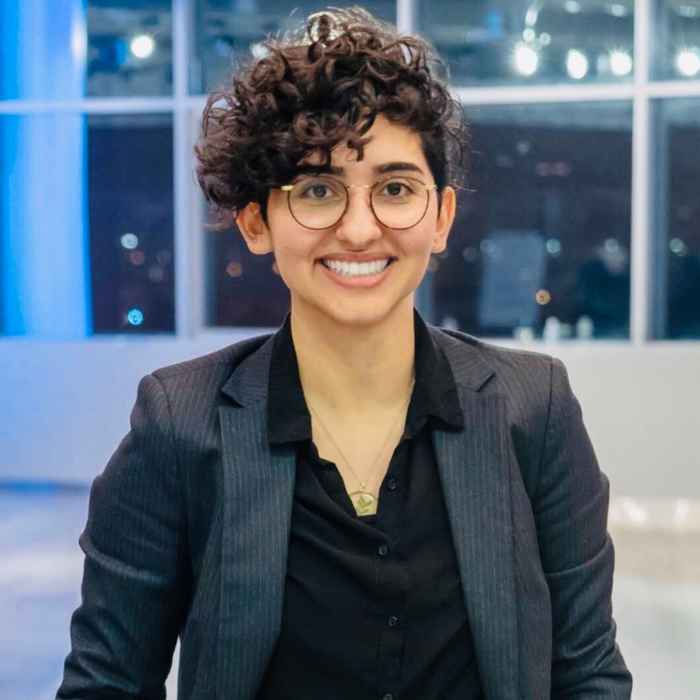
Shekoufeh Behbehani, Amsterdam School for Cultural Analysis (ASCA)
Shekoufeh did her MA in Literary Studies at the Faculty of Humanities. The title of her prohect is: (Un)screened Narratives: Non-Normative Gender and Sexuality in Contemporary Iran.
The legalization of sex reassignment surgery (SRS) in the 1980s in Iran has created an ambivalent space within Iranian gender politics. Although politico-religious discourses on SRS recognize transsexuality without necessitating medical transitioning, they have created a system that perpetuates heteronormativity and gender binarism. Since the early 2000s, an increasing number of Iranian films and theatrical performances have engaged issues of gender and sexuality, highlighting the broader deployment of violence that organizes Iranian gender politics. In doing so, they have joined activists in Iran in producing a counter-discourse to the reigning politico-religious paradigm. Through an interdisciplinary lens, my project studies a recent corpus of films and performances that reveal the ambivalences within Iranian gender politics in relation to the regime of violence in the country. In light of these representations, I explore the extent to which Iran’s particular mapping of gender and sexuality both facilitates and constrains non-normativity and queerness.
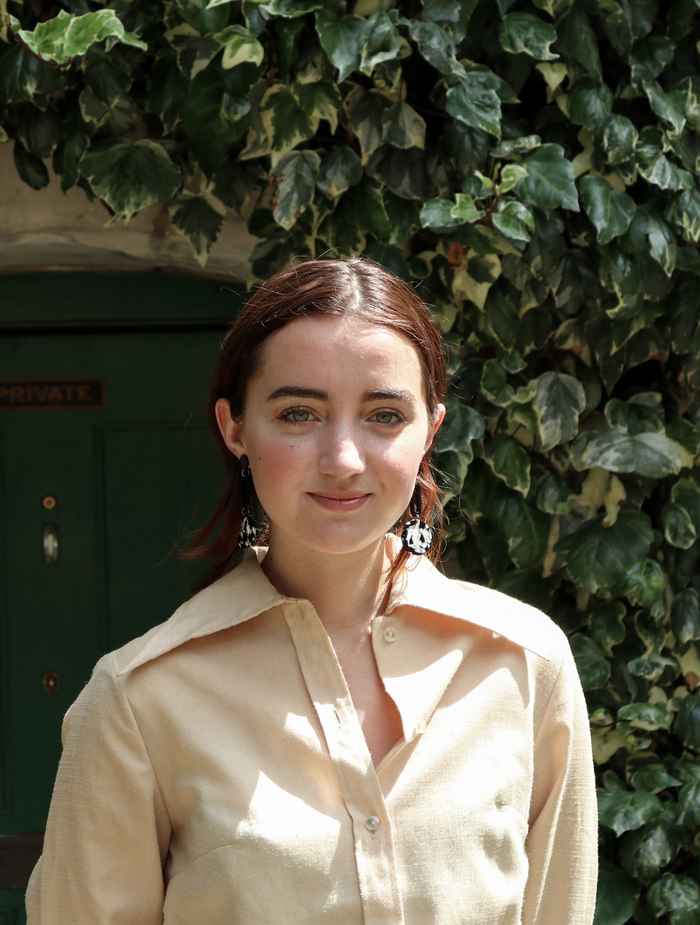
Florence Evans, Amsterdam School for Heritage, Memory and Material Culture (AHM)
Florence's research proposal is about Imaginative Visions of Traumatic Heritage in the Postmemory Generation of Argentina. Florence Evans obtained her Master's title ‘MSt History of Art and Visual Culture’ at the University of Oxford's St. Anne’s College in 2017.
Situated in post memory and cultural analysis studies, my project investigates time-bound cultural products— from performance and theatre, oral history archives, film and television, to ephemeral sculpture and installation — that recollect, replicate and remediate narrative identities and memories of Argentina’s last civil-military dictatorship (1976-1983). It observes how cultural producers construct and modify the experiences of time for their spectators/audiences, and how collective memory is transmitted in the present. It investigates the imaginative and generative potential of post memory and a structure of transmission.
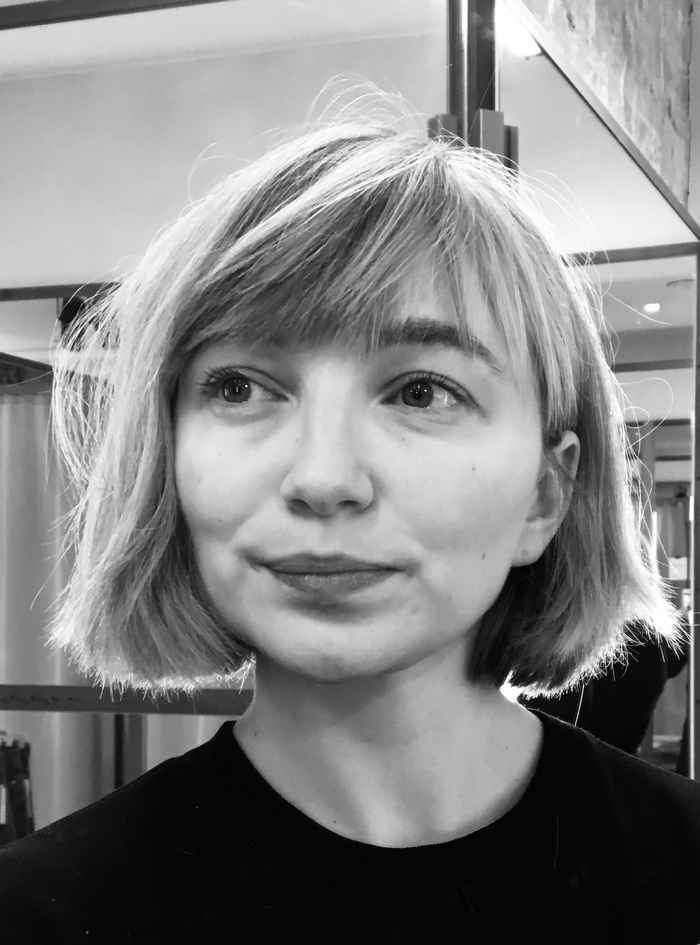
Maroesjka Verhagen, Amsterdam School of Historical Studies (ASH)
Maroesjka will work on a project titled Feeding the city: A bird’s-eye view of Amsterdam’s food supply from its hinterlands, c. 1550-1800. The Dutch Republic’s economic success was propelled by the ‘symbiotic relationship’ between city and periphery. How did food provision function and develop in light of the period’s urbanisation and rural transformations? Taking Amsterdam as a case study, Feeding the city explores the city’s food supply from its hinterlands c. 1550-1800. The domestically produced food is put centre stage in this project, allowing for a holistic approach in which a variety of actors (both human and non-human) receive immediate attention.
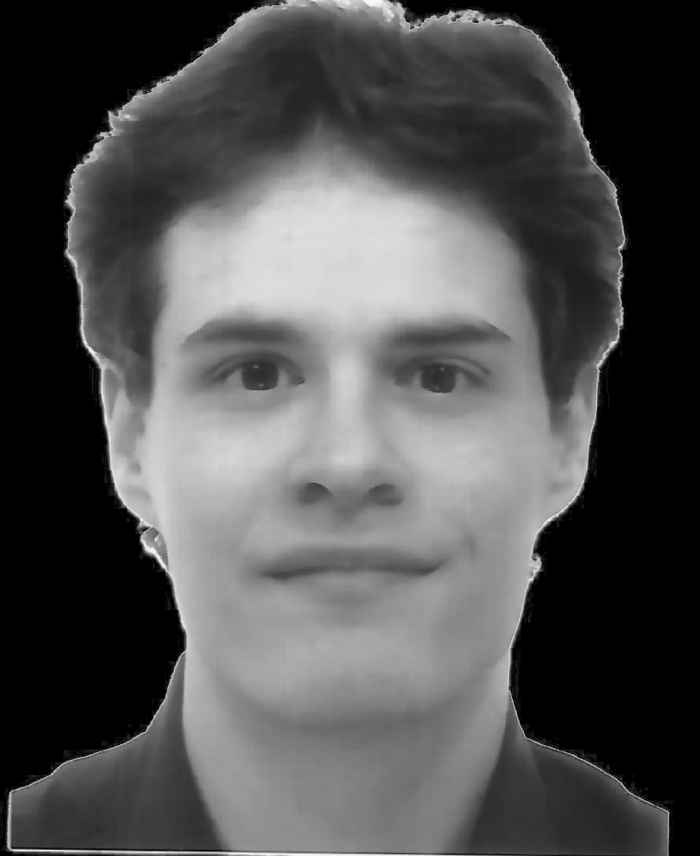
Marco Degano, Institute for Logic, Language and Computation (ILLC)
Marco did a BA in Philosophy at the University of Padua (2017) and completed the MSc in Logic at the University of Amsterdam (2019). Marco’s PhD project, which will be supervised by Maria Aloni, investigates how language change might reshape our understanding of the relationship between semantics and pragmatics in ordinary conversation. With a focus on the diachronic development of marked indefinites, his research is aimed at determining how languages develop lexicalized forms of pragmatic inferences and the formalization of a logical framework able to capture such phenomena.
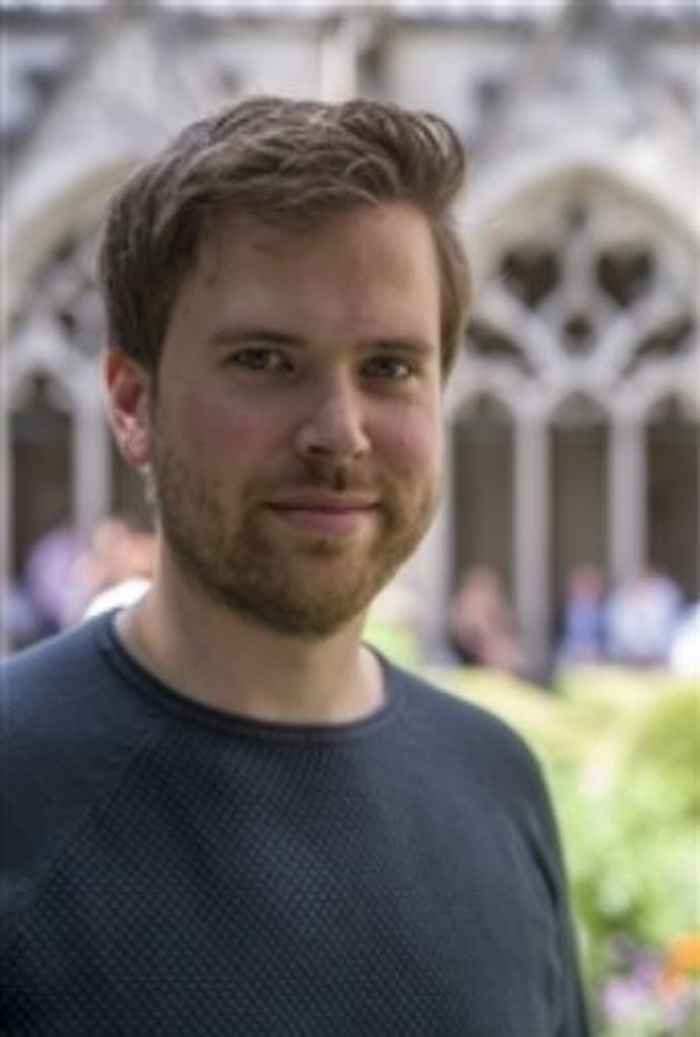
Paul van Dijk, Amsterdam School for Regional, Transnational and European Studies (ARTES)
Paul will work on a project titled The emergence of citizenship between 1861 and 1917 in two distinct regions of the Russian imperial space – one considered European and the other Asian, yet subject to Europeanization – involved in universalist reforms: Livonia and Bashkiria.
Paul van Dijk's proposal impresses by its theoretical fundament – imperial management of citizenship leading to various forms of citizenship. It promises to make an important contribution to the comparative history side of ARTES, while at the same time grounded in solid archival work (for which the ground work has already been laid by van Dijk's previous fieldwork in Ufa, Bashkiria). Paul van Dijk has a ResMA in Modern History (UU, 2018) and brings in the necessary scholarly and linguistic skills, and demonstrates professional erudition in Eastern European history.